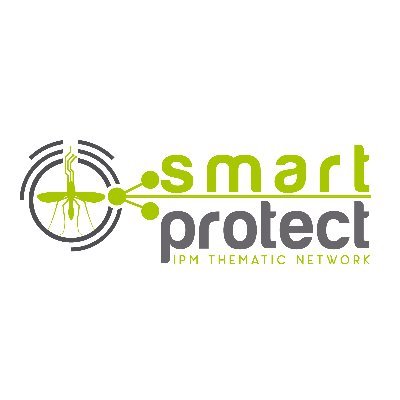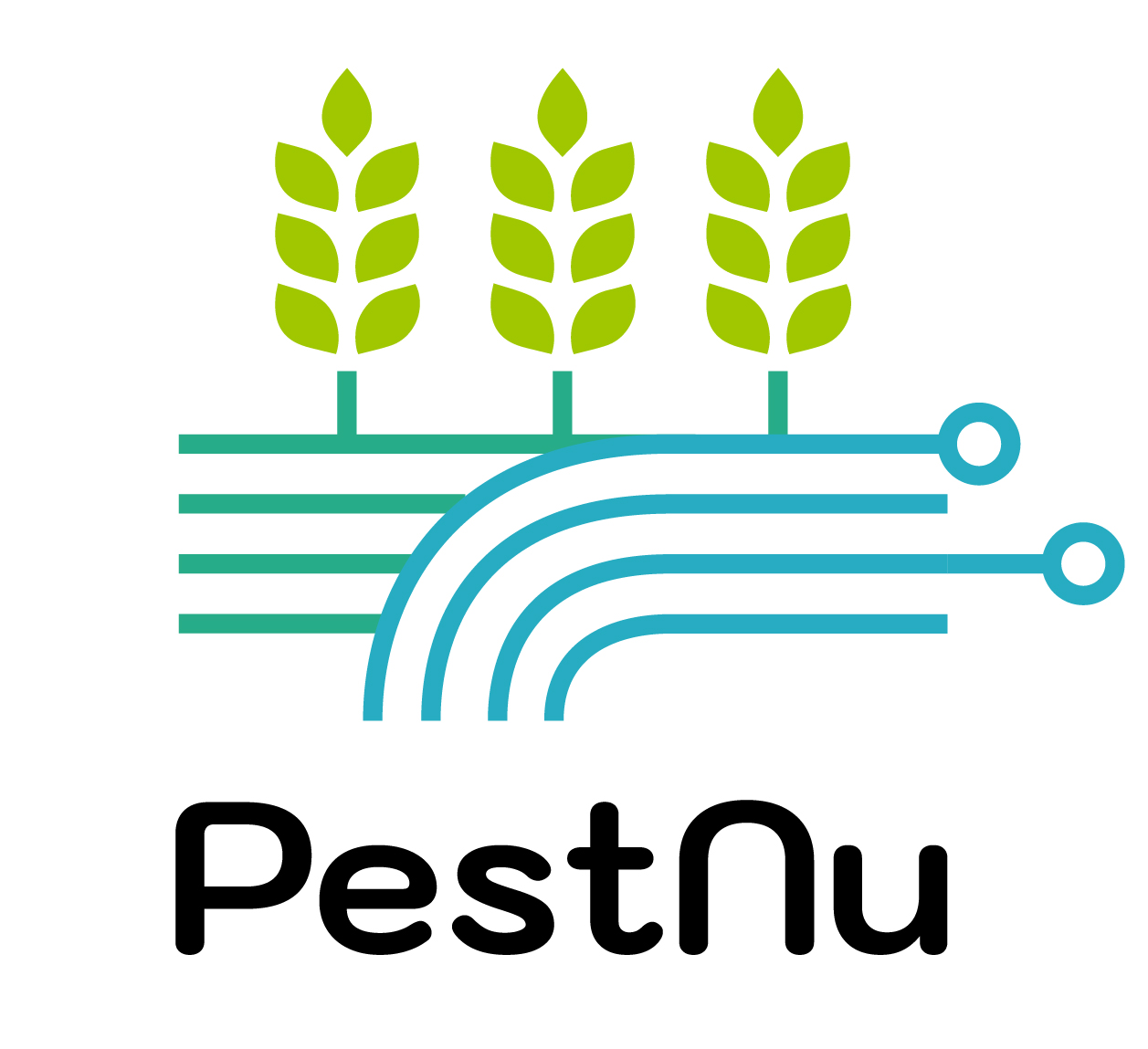Below is a list of projects which share similarities with the SPRINT project; check them out!
| Project name |
Description |
|

|
Transformation in Pesticide Governance. An inter- and transdisciplinary project identifying potential pathways to the sustainable use of pesticides in Switzerland |
 |
SMART agriculture for innovative vegetable crops PROTECTion: harnessing advanced methodologies and technologies |
 |
PRORISK is creating a novel platform for training a network of Early Stage Researchers (ESRs) in the field of advanced Environmental Risk Assessment (ERA).
|
| KNOWPEC |
KNOWPEC, Knowledge for pesticides control, is aiming to create a transnational research network between Europe and Latin America focused on the challenge of unwanted pesticides in the environment.
|
 |
Bio-based pesticides for sustainable agriculture |
|

|
NOVATERRA: ‘Integrated Novel Strategies for Reducing the Use and Impact of Pesticides, Towards Sustainable Mediterranean Vineyards and Olive Groves’. |
 |
IWMPRAISE: Integrated Weed Management: PRActical Implementation and Solutions for Europe |
 |
Decision support for Integrated Pest Management in Europe |
|

|
OPER8 aims to to communicate alternative weed control solutions from each of the 8 operational groups to key stakeholders through networks across the EU. |
 |
Field-testing and demonstration of digital and space based technologies with agro-ecological and organic practices in systemic innovation |
|

|
Supporting Uptake Integrated Pest Management and Low-Risk Pesticide Use |
 |
An EU-wide farm network demonstrating and promoting cost-effective IPM strategies |
 |
Posh Bee is providing the first pan-European quantification of the exposure hazard of chemicals to managed and wild bees |
 |
HBM4EU is coordinating and advancing human biomonitoring in Europe. The project is generating evidence of the actual exposure of citizens to chemicals and the possible health effects in order to support policymaking. |
|
AGRICOH
|
AGRICOH is an international consortium of agricultural cohort studies, formed to encourage and support data pooling to study disease-exposure associations that individual cohorts do not have sufficient statistical power to study. The consortium also includes three general population cohorts with large proportions of farmers. |
|

INSIGNIA-EU
|
The INSIGNIA-EU project aims to design and test an innovative,
non-invasive, scientifically proven citizen science environmental monitoring protocol for the detection of pesticides, microplastics, heavy metals, and air pollutants by honey bee colonies. Honeybee colonies are excellent bio-samplers of biological material such as nectar, pollen, and plant pathogens, as well as non-biological material such as pesticides or airborne contamination. |